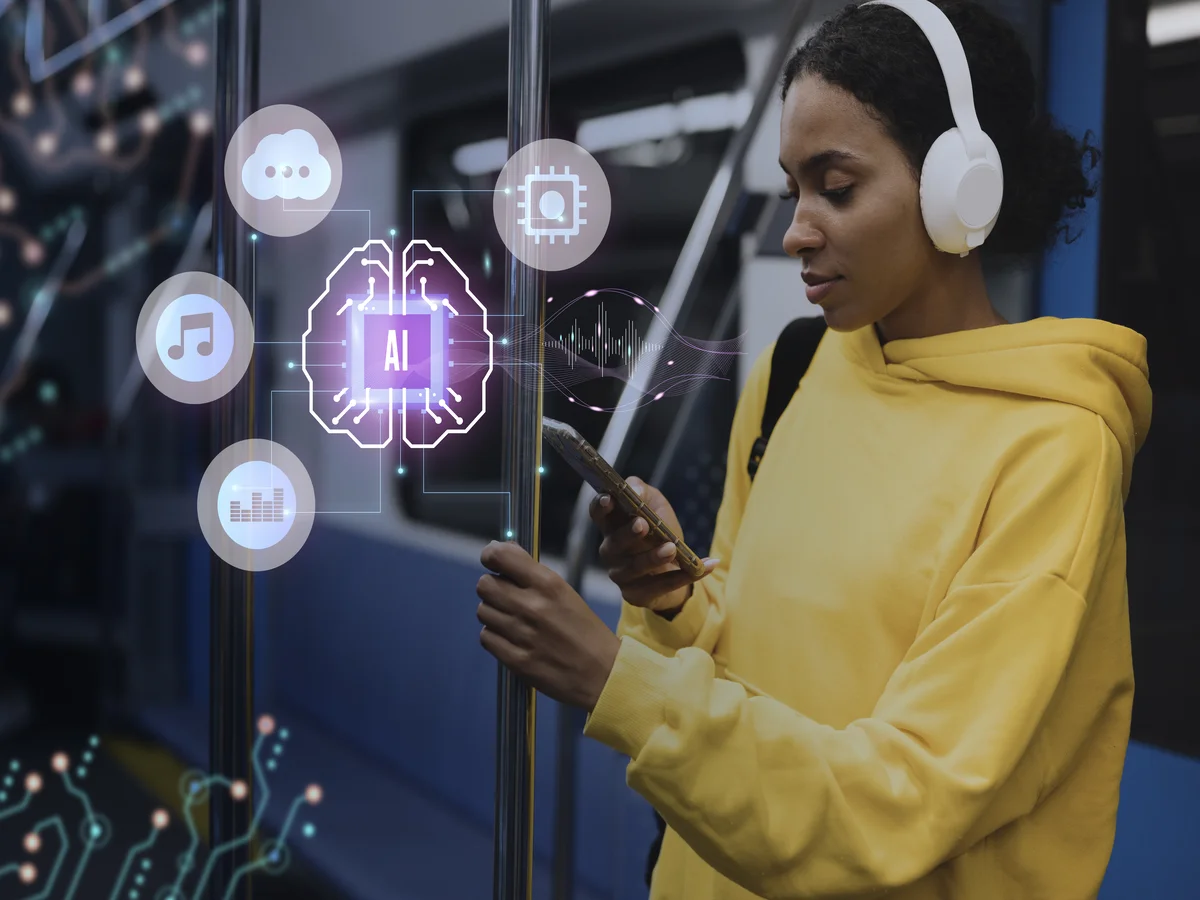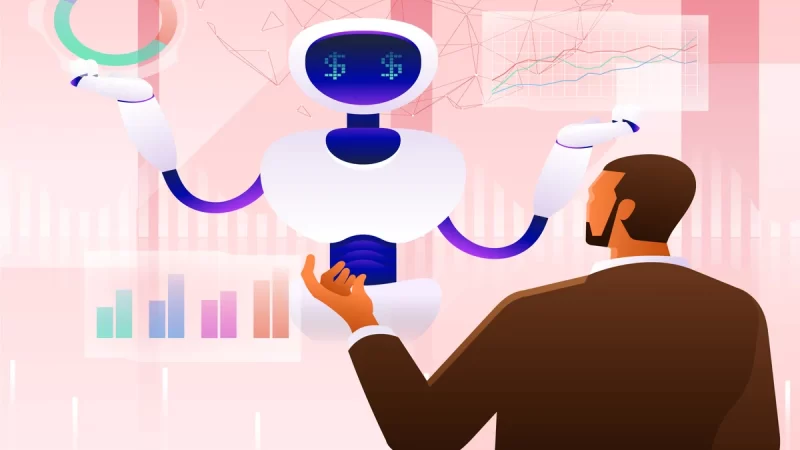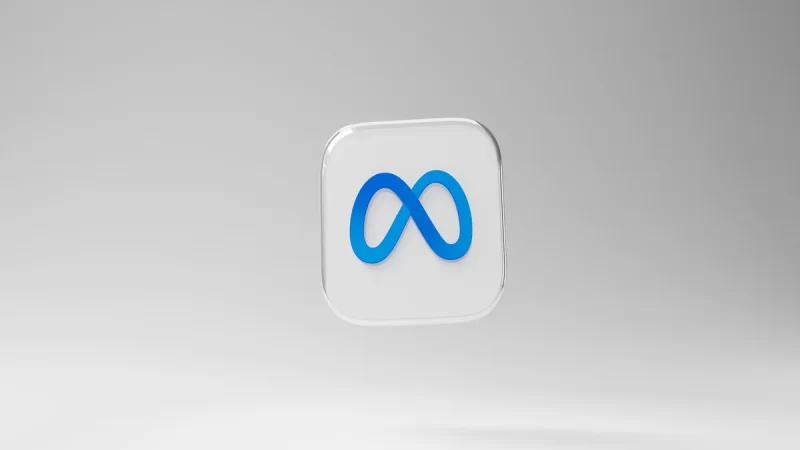7 Smart Ways AI Transforms PPC with ChatGPT: A Strategic Guide to AI Optimization

Artificial Intelligence (AI) has revolutionized Pay-Per-Click (PPC) advertising, offering marketers unprecedented opportunities to optimize campaigns, drive conversions, and maximize ROI. Here are seven intelligent ways AI is transforming PPC strategies:
1. Enhanced Audience Targeting
AI-powered algorithms analyze vast datasets to understand user behavior, preferences, and intent. This enables precise audience segmentation, allowing marketers to target specific demographics more effectively. By leveraging AI-driven insights, PPC campaigns can reach the right audience at the right time with tailored messaging, boosting engagement and conversion rates.
2. Smarter Ad Copy and Creatives
AI tools utilize natural language processing (NLP) and image recognition to generate compelling ad copy and creatives. These technologies craft personalized, high-performing content that resonates with target audiences. By testing different variations in real-time, AI refines ad elements to improve relevance and click-through rates, optimizing campaign performance.
3. Predictive Bidding Strategies
AI algorithms predict the likelihood of conversions based on historical data, seasonality, and various contextual factors. With machine learning-powered bidding strategies, marketers can automate bid adjustments in real-time. This ensures maximum visibility while maintaining cost efficiency, as AI continuously adapts to changes in the competitive landscape.
4. Dynamic Ad Customization
AI enables dynamic ad creation by dynamically adjusting ad elements based on user context. From displaying relevant product recommendations to showcasing location-specific information, dynamic ads enhance relevance and engagement. AI algorithms analyze user interactions to deliver tailored content, driving higher conversion rates and improved campaign efficiency.
5. Real-Time Performance Optimization
AI-driven PPC platforms continuously monitor campaign performance, swiftly identifying underperforming elements. Through real-time analysis and optimization, AI algorithms adjust bidding, targeting, and ad content to maximize results. This agility ensures campaigns remain agile and competitive in an ever-evolving digital landscape.
6. Cross-Channel Integration
AI facilitates seamless integration across multiple channels, allowing marketers to orchestrate cohesive PPC strategies. By consolidating data and insights from various platforms, AI-powered tools provide holistic views of customer journeys. This enables coordinated campaigns across search engines, social media, and other digital touchpoints for a unified brand experience.
7. Improved Attribution Modeling
Traditional attribution models often struggle to accurately attribute conversions across complex customer journeys. AI employs advanced attribution models that consider multiple touchpoints and interactions. By assigning appropriate credit to each touchpoint, marketers gain insights into the most effective channels and optimize budget allocation accordingly.
Key Takeaways
AI’s integration into PPC advertising heralds a new era of precision, efficiency, and effectiveness. By leveraging AI-powered tools and strategies, marketers can unlock the full potential of PPC campaigns, delivering more personalized experiences and driving higher returns on advertising investments. Embracing AI optimization is not just a competitive advantage but a necessity in today’s dynamic digital marketing landscape.
FAQs:
AI employs sophisticated algorithms to analyze user data, behavior patterns, and intent signals. This enables precise segmentation and targeting of audiences based on demographics, interests, and behaviors, ensuring ads reach the most relevant audience segments.
Yes, AI utilizes natural language processing (NLP) and image recognition to generate compelling ad content and visuals. By understanding audience preferences and trends, AI tailors ad elements to resonate with specific audiences, leading to higher engagement and click-through rates.
Predictive bidding involves AI algorithms forecasting the probability of conversions based on various factors. Machine learning models analyze historical data to adjust bids in real-time, ensuring optimal performance while maximizing ROI by adapting to changing market dynamics.
AI-driven dynamic ads modify content in real-time based on user context and behavior. This customization can include displaying products based on browsing history or presenting location-specific information. This personalization significantly improves relevance and conversion rates.
Yes, AI seamlessly integrates data from various channels, providing a holistic view of customer journeys. This integration allows marketers to orchestrate cohesive PPC strategies across multiple platforms for a unified and consistent brand experience.







